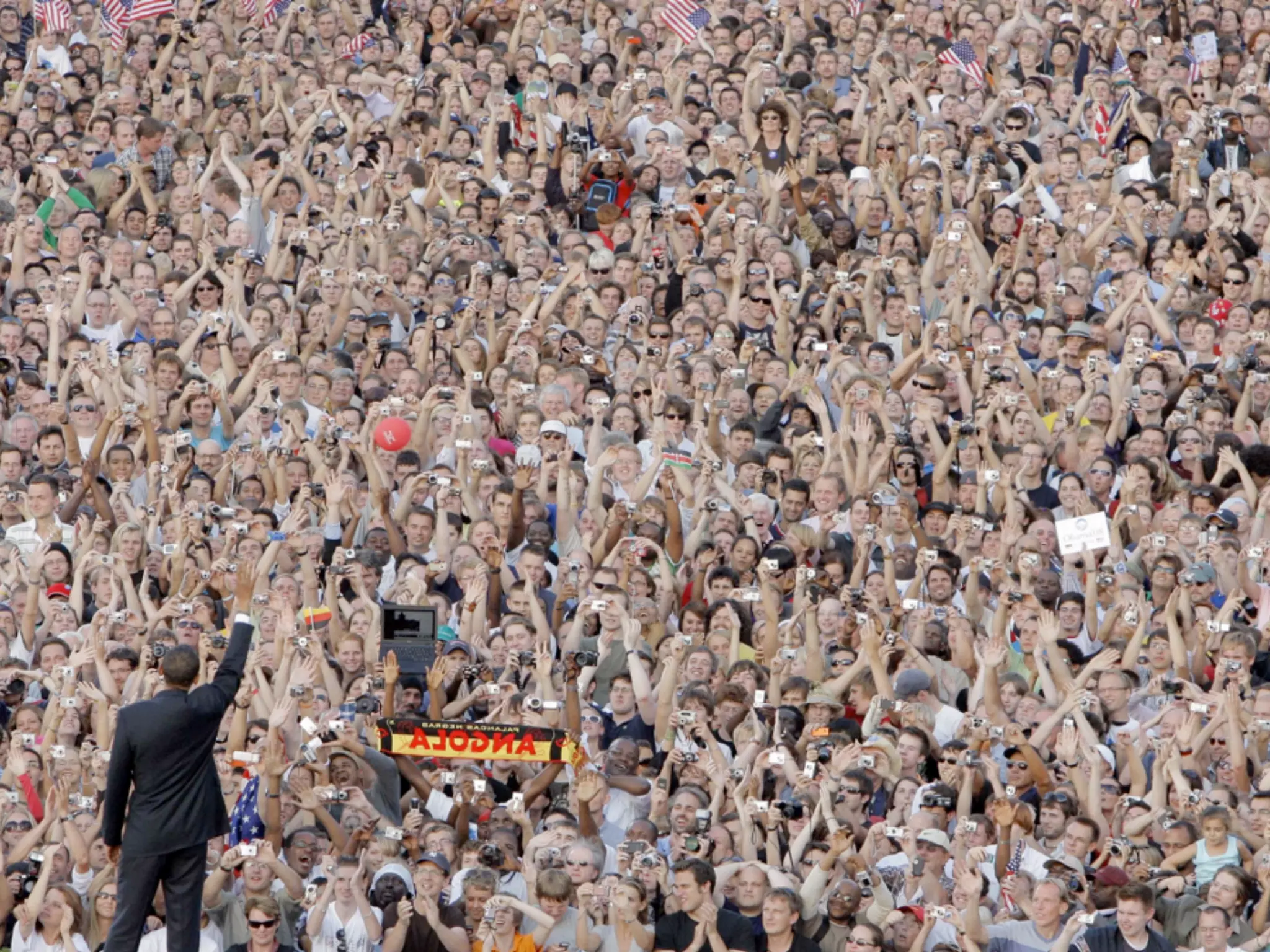1) Dr. Alec Couros presented on academic collaboration and learning in a networked age, discussing how Web 2.0 tools can transform research, teaching, and service if academics build serious online presences.
2) The document discusses openness in education, arguing knowledge should be free and distributed through communities of practice, and that education benefits from open source experiences.
3) Couros shares lessons learned from open teaching practices like open access courses and shared resources that immerse students in greater learning communities focused on connections over content.
















































































































